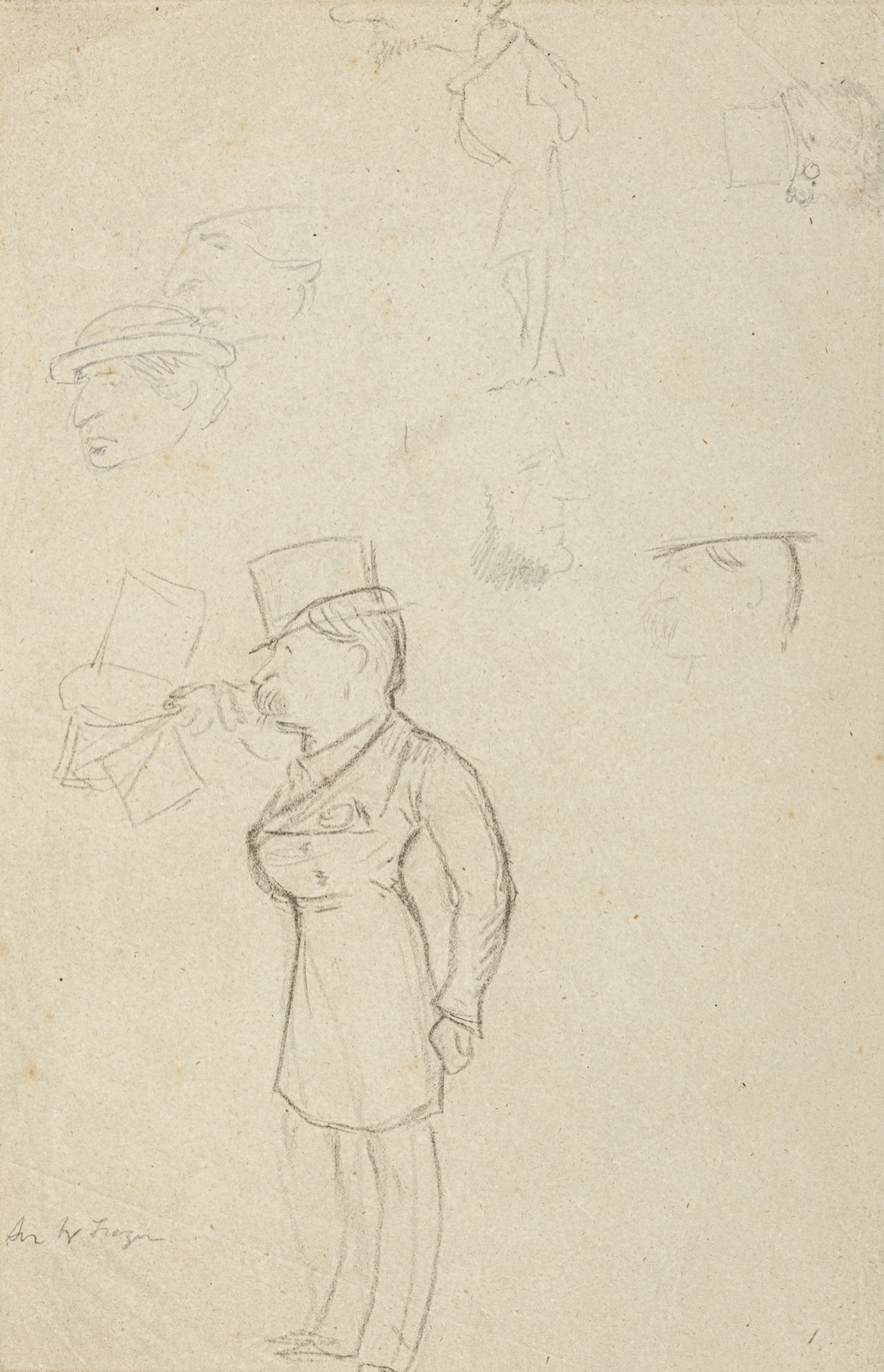
(click image to enlarge)
A staunch Conservative, Sir William Augustus Fraser became a familiar figure at the Carlton Club, where he was known for his story-telling about the Duke of Wellington and Waterloo, as his father Colonel Sir John James Fraser, had been on the staff at Waterloo. He gradually became an authority on the Duke of Wellington and published two volumes of anecdotes, Words on Wellington (1889), followed by The Waterloo Ball (1897). A great admirer of Benjamin Disraeli and Napoleon III, he also published the works Disraeli and his Day (1891), Hic et ubique (1893), and Napoleon III (1896). As a Conservative, Fraser sat as MP for Barnstaple from 1857 to 1859, Ludlow from 1863 to 1865 and Kidderminster from 1874 to 1880.
“Coming of a soldier-like Scotch race and finding himself already a baronet when still a boy, Sir William Fraser indulged the family lust for fighting by entering the Life Guards, and before he had ceased to be a young man he had sought distinction as Member of Parliament for Barnstaple. Among the Commons he soon became known for repeating sharp epigrams and smart sentences; yet ten years ago he retired from statesmanship to devote himself more entirely to his duty as one of the Queen's Body Guard for Scotland, and to his destiny as a poet and collector of curiosities. A considerable sensation was created among those who saw it by the printing of the collected verses of the Knight of Morar, who was at once accepted not only as a manipulator of feet but also as a professor of verse and a richly-endowed student of all the inspired who had gone before him. He has now once again, at the more matured age of eight-and-forty, returned to Parliament; and from the bent of his mind and the reputation he has already made in connection with sewers, he is looked to as the sanitary reformer and general guardian of the Metropolis. For indeed he is a thorough London man. Well acquainted, well liked, picturesque in appearance, remarkable for readiness of converse and store of anecdote, he is received with equal pleasure and satisfaction by all the ladies, and is yet on the best terms with all the men of the town. He has the quality of doing things thoroughly, and whether it be a question of typography, the origin of a quotation, or the authenticity and true version of a received history that is on hand, he is always found carefully provided with the most correct canons of taste and the most inaccessible sources of information. Tracing his genealogy as far back as the tenth century, from Oliver the thirteenth Thane of Man, and being an archaeologist of some pretensions, he is yet quite unaffected and thoroughly accessible; and he has the most complete collection of caricatures in England.”